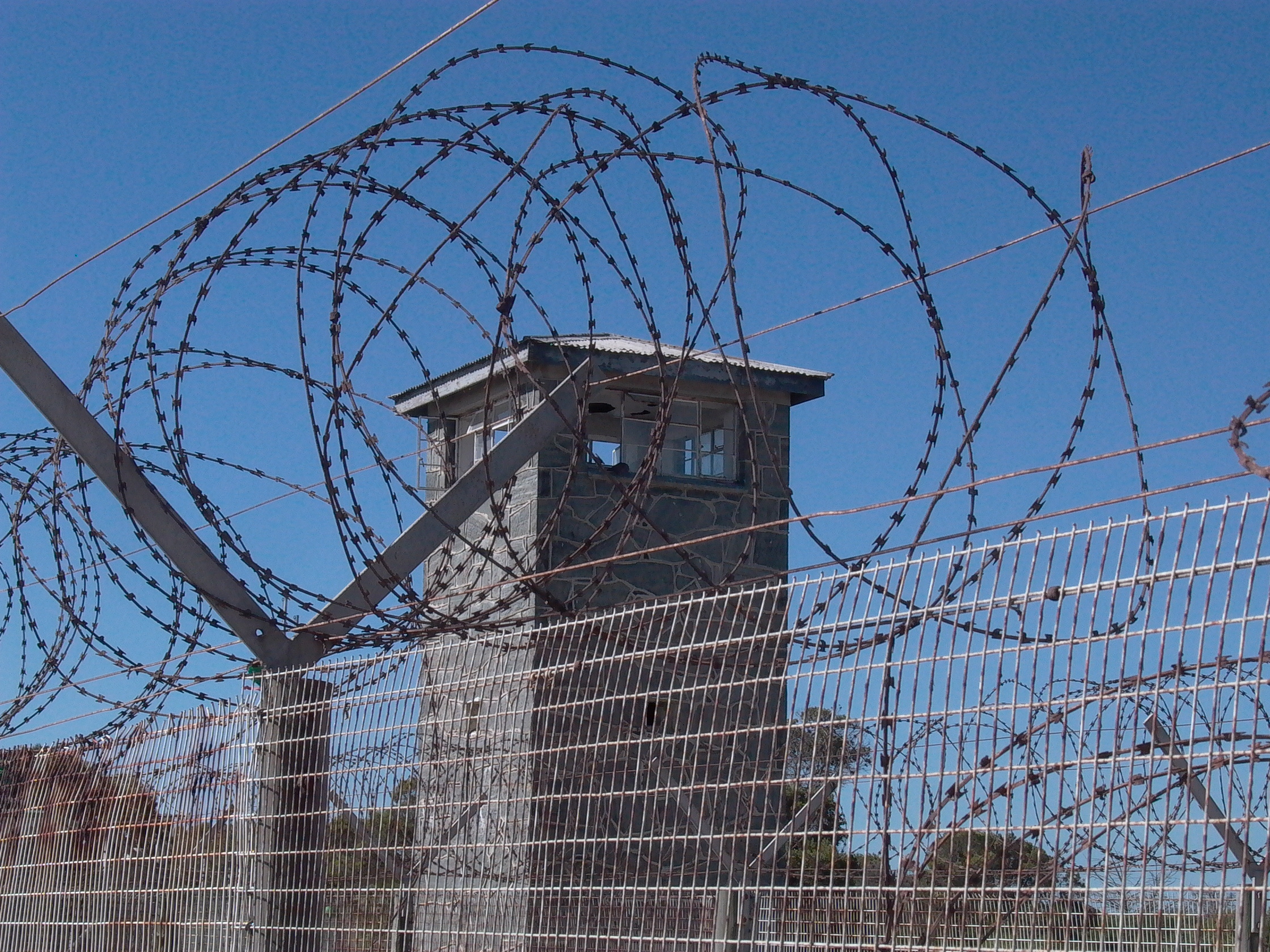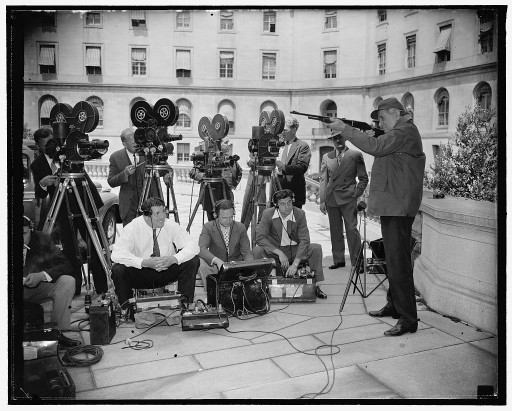New Jersey requires permits to purchase firearms – for longarms, it’s a Firearms Purchasers ID card, issued once and good for life (unless revoked, or you move; it has your street address on it). This card is de jure and practically de facto shall-issue, the only quirk being that, while the legislature wrote a “must issue within 30 days (45 for out-of-state applicants)” into the law, the NJ Judiciary interpreted this as “must issue after the background check is complete;” in effect neutralizing the time limit. Now, while the form to apply for a FPID and the process is uniform statewide, it is administered by the local Chief Law Enforcement officer or the New Jersey State Police for jurisdictions without their own police agency. Furthermore, some jurisdictions have had long-standing traditions and or municipal regulations of having additional requirements not specified in the law, such as additional forms beyond the application and mental health release (Available on the NJSP’s website as PDFs to save and print), interview requirements, and other impediments to the process to purchase a firearm. Of late there is an effort by the NJ Second Amenment Society to sue non-compliant governments to force them to comply with the law, this has been mostly successful with out of court settlements in most cases. Unfortunately, due to the caselaw, the 30-day time limit is not subject to being enforced by lawsuit, so the time it takes to actually receive the FPID is highly variable – my town is generally considred to be middle-of-the-road and I required 6+ weeks both times I applied. Applicants in other towns have had to threaten or actually sue as their wait time approached moths or even a year+. The card itself neither laminated nor standard credit-card size, nor a photo ID. It had your identifying info on one side, and your signature, the CLEO signature, and your fingerprint on the other. It allows you to purchase longarms, as long as you fill out a transfer form and if buying from an FFL, undergo a state-run background check (I understand the FFL calls the NJSP, who runs a quick file check and a NICS check). The last time I bought a longarm it took less time to process that check than it did for me to fill out the 4473 and NJ’s own transfer form.
For handguns, you instead use a Permit to Purchase a Handgun. The application process is exactly the same as the process for obtaining a Firearm Purchasers ID Card, down to using the exact same forms (only checking a different box) – because you need to show an FPID and have the transaction logged when purchasing ammunition from an FFL (ammo for rentals is generally exempt from this requirement), it’s generally considered wise to obtain an FPID at the same time you get your first pistol permit to both take advantage of being able to use the same forms and to be able to buy ammunition retail. Note than “handgun ammo” is considered to be “any ammo that can be used in a handgun,” and includes both “traditional” pistol calibers and .22lr at least. I believe most FFLs log all ammo purchases, but since my only firearms eat 9mm and .22lr, I don’t know for sure. Once complete, you receive a paper form good for 90 days, which can be extended for 90 more days (de jure non-discretionary, and usually de facto as well). This may be used to purchase 1 handgun either privately or through an FFL. If through an FFL, another background check at point of sale applies.
Now, the legislation setting up this scheme was passed in the late 1960s, and the fees were specified at that time and have not been adjusted since then. Consequently, they are relatively trivial; though there is an additional fee nowadays since the entire state now jobs out the fingerprinting to a private company who charges not quite $60 for the job. Fingerprinting is not necessarily required for subsequent paperwork obtained from the same issuing authority as before (at their discretion). Without fingerprinting, the cost is generally under $50 to get a set of permits, often much less. So what some enthusiasts will do is apply for mulitple permits (currently there’s no reason to have more than 3 live ones due to NJ’s one-handgun-a-month scheme), and refresh/replace as the come due, so that they always have the ability to buy a handgun without having to wait out the normal process. If your issuing authority is reasonable, this isn’t a terribly expensive way to go, other than being an unconstitutional tax on the right to obtain a firearm, of course :)
(Obligatory Disclaimer – I am not a lawyer, particularly not one who specializes in NJ firearms law. I’m just some guy on the internet who claims to have read the statutes once or twice).
For more resources see:
The NJSP Firearms FAQ
The NJSP links to NJ Firearms Laws and AG guidelines – that last includes the current “interpretation:” of the NJ AWB
The NJ2AS News and Resources page
The NJ2AS guide on purchasing a firearm in NJÂ – includes a link to their Operation Establish Compliance page
And, of course, the Association of New Jersey Rifle and Pistol Clubs, our NRA state org.





 The referendum on Scottish independence is coming on September 18, 2014, and it’s looking like independence is gaining momentum. I don’t have much of an opinion on the topic as an American, but I’d probably vote in favor of union if I were to have a say. There’s an awful lot of
The referendum on Scottish independence is coming on September 18, 2014, and it’s looking like independence is gaining momentum. I don’t have much of an opinion on the topic as an American, but I’d probably vote in favor of union if I were to have a say. There’s an awful lot of